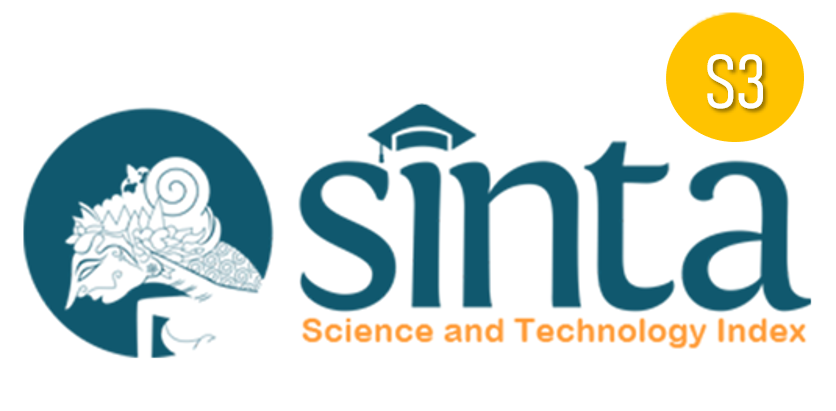Career Choice: A Case Study of College Students Shifting Career Paths
Abstract
Keywords
Full Text:
PDFReferences
Acosta, I. C., and Acosta, A. S. (2017). A mixed methods study on teachers' perceptions of readiness of higher education institutions to the implementation of the K-12 curriculum. Universal Journal of Educational Research, 5(7), 1215-1232.
Ainley, M., Hidi, S., and Berndorff, D. (2002). Interest, learning, and the psychological processes that mediate their relationship. Journal of Educational Psychology, 94(3), 545–561.
Borisova, U. S., and Vasilieva, A. I. (2020). Students’ life values in the elite school “republican lyceum-boarding school”. Society: Sociology, Psychology, Pedagogy, 4(72), 20-23.
Carey, R. L., Bailey, M. J., and Polanco, C. I. (2023). How the COVID -19 pandemic shaped adolescents’ future orientations: Insights from a global scoping review. Current Opinion in Psychology, 53, 101655.
Keller, B. K., and Whiston, S. C. (2008). The role of parental influences on young adolescents’ career development. Journal of Career Assessment, 16(2), 198–217.
Kirdök, O., and Harman, E. (2018). High school students' career decision-making difficulties according to locus of control. Universal Journal of Educational Research, 6(2), 242-248.
Ozili, P. K. (2021). Covid -19 pandemic and economic crisis: The Nigerian experience and structural causes. Journal of Economic and Administrative Sciences, 37(4), 401-418
Quiño, J. B. (2022). Factors influencing the career preference of senior high school students during pandemic. International Journal of Arts and Social Science, 5(3), 72-77.
Wang, Y., Jiang, S., Wu, C., Cai, X., and Wang, F. (2022). Impact of the global megatrends, COVID-19, and digital economy on professional career management transformation in Asian Countries. Sustainability, 14(17), 10981.
Watts, A. G., and Kidd, J. M. (2000). Guidance in the United Kingdom: Past, present and future. British Journal of Guidance and Counselling, 28(4), 485-502.
DOI: https://doi.org/10.17509/ijert.v3i2.50077
Refbacks
- There are currently no refbacks.
Copyright (c) 2022 Universitas Pendidikan Indonesia (UPI)

This work is licensed under a Creative Commons Attribution-ShareAlike 4.0 International License.







.png)




